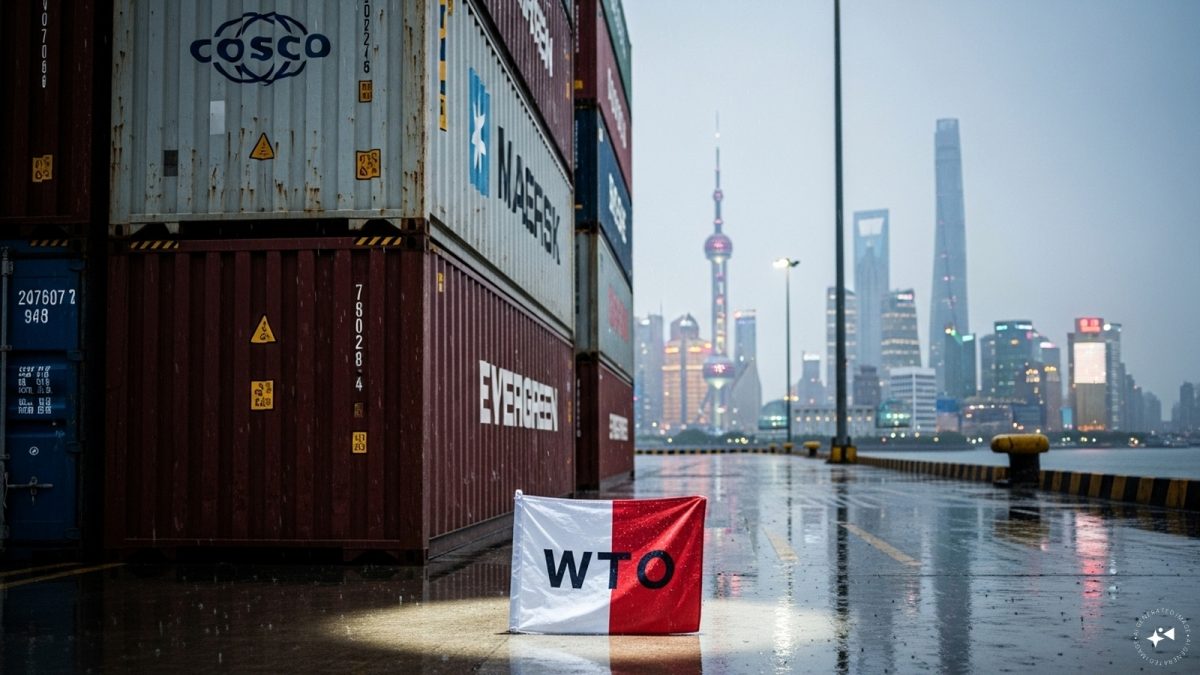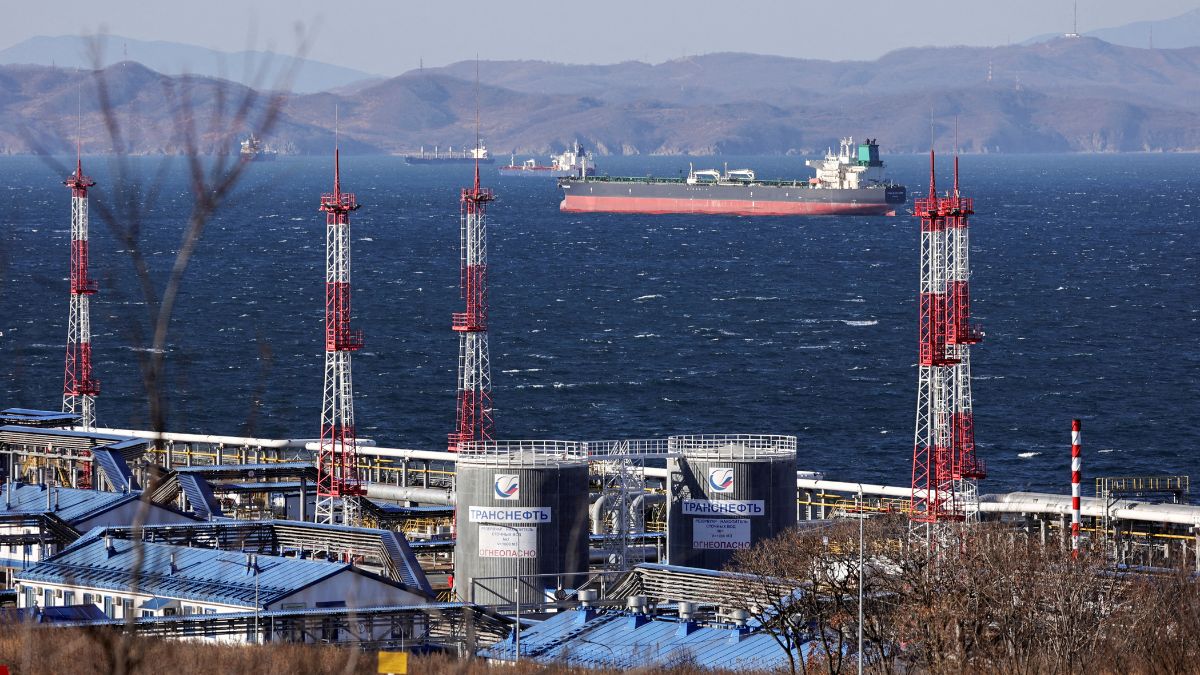China has announced it will no longer claim developing-country benefits at the World Trade Organisation, easing a long-standing point of friction with the United States that has hindered agreement on reforming the global trade body.
China has announced it will no longer claim certain benefits reserved for developing countries under the World Trade Organisation (WTO), in what Beijing describes as a step toward more balanced global trade. Premier Li Qiang announced the move Wednesday, saying that Beijing will no longer request Special and Differential Treatment (SDT) benefits in future WTO negotiations.
Why Beijing is shifting course
One key driver behind China’s decision is likely the desire to ease trade tensions with the United States. For years, US officials have criticised China’s use of developing-nation privileges, arguing that as the world’s second-largest economy it should not enjoy the leniencies afforded to poorer states.
By voluntarily relinquishing SDT benefits, Beijing may be seeking to curry favour with Washington and reduce a frequent point of contention.
The timing also gives China a platform to present itself as a committed supporter of the multilateral trading system. While some Western powers have delayed or withheld their WTO dues, Beijing can argue its decision demonstrates seriousness about reforming global trade rules.
What changes and what stays the same
The new policy applies only to ongoing and future trade negotiations; existing WTO agreements remain unaffected. China will retain the benefits it currently holds under prior pacts.
Importantly, China’s status as a developing nation does not change. Chinese diplomats have made clear that Beijing will still self-identify as a developing member in the WTO, even as it declines to claim the preferential benefits associated with that status.
Under the WTO’s framework, “special and differential treatment” grants developing countries more flexibility: longer implementation timelines, technical assistance and exceptions to certain trade rules that richer nations must abide by. By foregoing these concessions in future talks, China signals increased confidence in its economic maturity, while preserving its diplomatic standing among developing nations.
Global reaction and implications
The WTO itself welcomed China’s move as a pivotal moment toward a fairer trade system. WTO Director-General Ngozi Okonjo-Iweala praised the decision, saying it removes a longstanding grievance and may help catalyse broader reform.
Analysts note that while China retains developing-country status, its choice to abandon selective benefits pressures other large economies like India or Brazil to reconsider their own claims. It could reshape bargaining dynamics in upcoming WTO ministerial talks.
But critics point out that some developing countries are much poorer and depend heavily on SDT. They warn that China’s move, while symbolic, could exacerbate inequality within the WTO if other countries are implicitly discouraged from maintaining their benefits.
Moreover, although Beijing has stepped away from some privileges, its fundamental role in global trade and its capacity to influence industrial policy and subsidies remain untouched. Some observers argue the move may serve more as diplomatic optics than as a radical shift in economic posture.
With inputs from agencies
End of Article

)

)